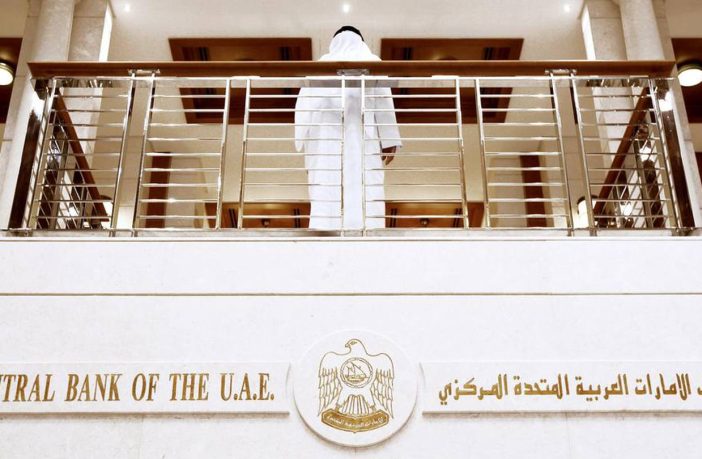UAE Central Bank issues its own digital currency
The UAE Central Bank has announced a new strategy to accelerate the digital transformation of the financial sector. As part of its implementation, the regulator will issue its own CBDC, in addition to providing a platform for card payments.
According to the UAE Central Bank, the transformation of the financial system makes it possible to carry out electronic transactions for a large number of residents of the Emirates. The regulator aims to make the UAE a competitive and innovative hub for financial and digital payments.
The first stage of the strategy is the launch of CBDC, which is expected to increase the efficiency of cross-border payments. In addition, digital currency will help stimulate the growth of digital solutions for domestic transactions. According to the central bank, the virtual dirham will be an excellent tool for developing and expanding the local financial ecosystem. Next, the regulator plans to introduce a platform for card payment transactions to stimulate e-commerce.

The new strategy of the Central Bank includes 9 stages. After the launch of the platform, the authors of the project intend to open an innovation center aimed at the development of the financial system and the introduction of modern solutions. The Central Bank is confident that the planned steps will help to transform the payment infrastructure. The regulator pays special attention to the cryptocurrency sector, noting its potential for the country. In February 2023, the authorities presented rules for regulating the market of digital assets. Among other things, the document includes a requirement for compulsory licensing of these instruments. In addition, the country banned the issuance of anonymous cryptocurrencies.
It should be noted that the UAE Central Bank is not the only one ready to launch its own digital currency. A number of countries are already actively testing CBDC, others have begun to develop. For example, the Bank of England plans to integrate digital currency in the near future. And China’s regulator was the first in the world to include a virtual yuan in its financial report. However, despite the fact that China has been working on the implementation of CBDC for several years, the currency is still not very popular with local residents.
According to the Central Bank of China’s report, as of December 2022, there were about 13.6 digital national currencies in the domestic market, equivalent to about $2 billion. However, the regulator notes that CBDC does not have a significant impact on the Chinese financial system. For example, in October 2022, the volume of digital yuan transactions was about $14 billion. So far, CBDC is available in several regions of the country, but the central bank promises to expand its list.
The Central Bank of Turkey has announced the end of the first phase of its e-money trials. The next step should be to connect other financial institutions in the country to use CBDC.




